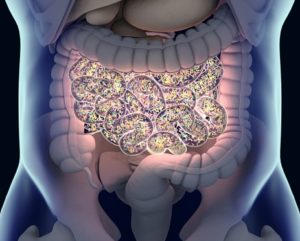Inflammatory bowel disease (IBD), encompassing Crohn’s disease (CD) and ulcerative colitis (UC), is associated with significant fatigue, affecting up to 80% of patients during active disease and nearly half during remission. Despite fatigue’s negative impact on patients’ quality of life, mood, productivity, and physical functioning, it remains underrecognized and undertreated in clinical practice. Factors influencing fatigue in IBD include disease activity, inflammation, anemia, psychological conditions like anxiety and depression, sleep disturbances, and sociodemographic variables such as age and gender.
Effective management of fatigue in IBD remains challenging due to its multidimensional and subjective nature. Various assessment tools, including the Multidimensional Fatigue Inventory (MFI-20), Functional Assessment of Chronic Illness Therapy-Fatigue (FACIT-F), Inflammatory Bowel Disease Fatigue Scale (IBD-F), and PROMIS-Fatigue Short Form, are available but lack global standardization. Non-pharmacological interventions—including cognitive behavioral therapy (CBT), mindfulness training, structured exercise, electroacupuncture, and light therapy—show promise but require further validation. To improve fatigue management, clinical guidelines, healthcare provider training, and patient education should be strengthened, promoting individualized interventions and patient empowerment.
Reference: Wang DD, Ren SG, Hu R, et al. Management of Fatigue in Inflammatory Bowel Disease: A Narrative Review. Int J Gen Med. 2025 Mar 10;18:1403-1413. doi: 10.2147/IJGM.S502142. PMID: 40092455; PMCID: PMC11908391.









